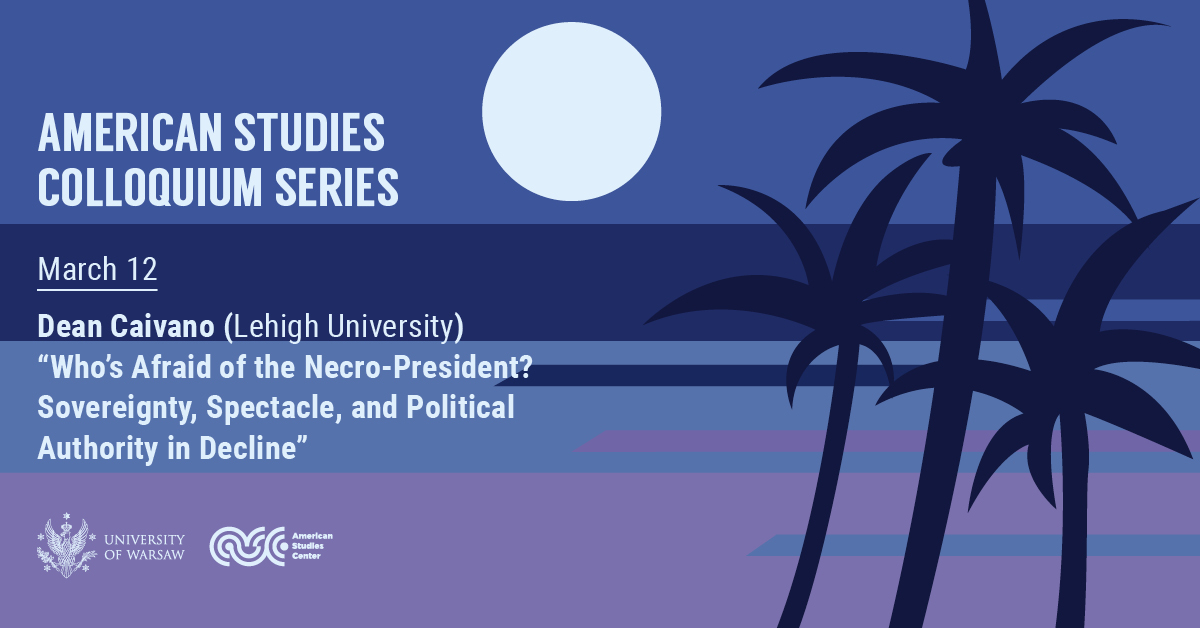Psychologists from the UW Psychological Counselling Centre (CPP) will be available for UW students and employees also around Christmas time. Watch a video with Dr. Szymon Chrząstowski encouraging those who do not feel comfortable in this period or face some difficult situations, to come for short conversations.
Christmas is a time of joy and happiness. However, some people feel stressed while thinking of Christmas.
“For many people Christmas is a great opportunity to relax, meet loved ones and finally have some joy. Some people, however, are very nervous about the holidays, they are nervous about meeting their loved ones, they fear how these holidays will go,” says Dr. Szymon Chrząstowski, head of CPP.
Being on an international exchange programme may be a great experience, but it is also a challenge. The new environment, new relationships, and language barriers can be overwhelming and not easy to handle. If you experience an unpleasant situation or simply feel stressed because you can not spend this time with your family, contact CPP to receive professional help.
Those who stay in Warsaw over a Christmas holiday break and would like to talk to a psychologist can visit the centre.
Walk-in clinics:
- 23rd December at 12:00-15:00
- 30th December at 12:00-13:00
- 2nd January at 17:00-18:00
- 3rd January at 12:00-13:00
It is also possible to arrange an online appointment via Skype.
The Psychological Counselling Centre of the University of Warsaw provides confidential short-term counselling, crisis intervention services and evaluation of needs for academic support for all English-speaking students of the University of Warsaw. More information >>




